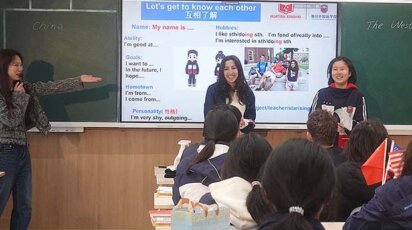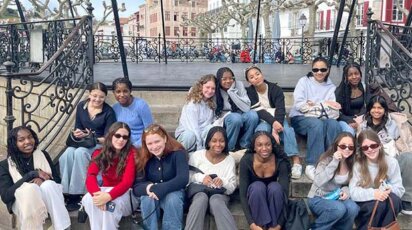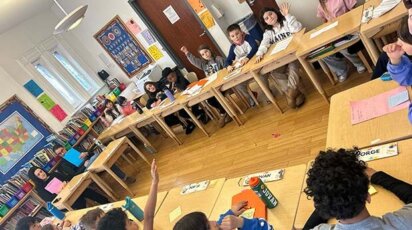News
Congratulations to the following members of the Class of 2022 who were recently inducted into Poly’s Cum Laude Society: Emily Boyer, Soph Cimmino, Laminu Diallo, Mariama Diallo, Madeline Doty, Zoe Feuer, Martine Fiore, Sigourney Heaton, Jasmine Kaur, Cameron Lardner, Jack Lille Yerington, Jocelyn Lu, Benjamin Mansfield, Emily Melcer, Carly Pyles, Hannah Smith, Emma Spring, Anne Vasquez, Noah Young, and Jacob Zrihen.
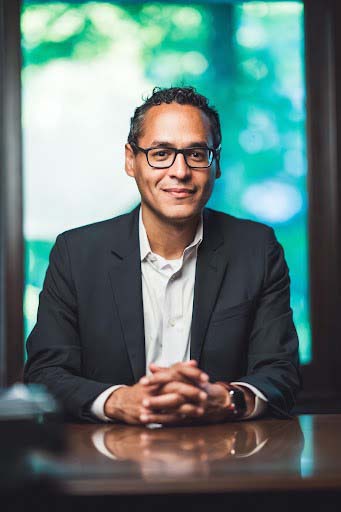
Professor Roosevelt Montás, Senior Lecturer in American Studies and English at Columbia University, was the featured speaker at the celebratory Cum Laude dinner on May 26.
The Cum Laude Society
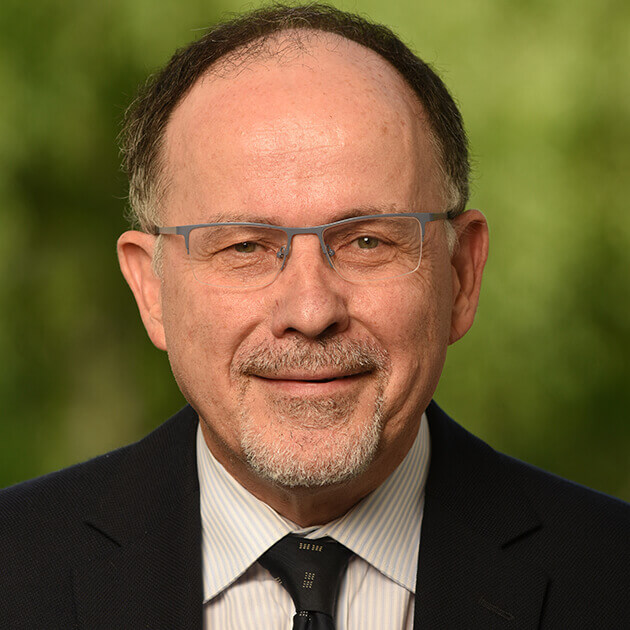
John Rankin welcomed the inductees and their families, faculty, and administrators to the Cum Laude Society induction. Rankin said that the inductees represented “the best overall achievement in our Upper School” with an average GPA of 3.9 and an average of 11 advanced and AP classes. “Their successes have been as special as any of Poly inductees before them,” he said.
“They have demonstrated so much of the breadth of learning, authentic written expression, intricate mastery of complex ideas, sophisticated rendering and mature interrogation of scientific thought,” he continued, “that I can speak for all of us on faculty as seeing them as embodying the best of what liberal arts learning creates.”
Cum Laude is the country’s oldest secondary school scholastic honor society. Modeled on Phi Beta Kappa, it was developed at the beginning of the country day school movement in 1906 to name distinctive achievement in independent schools.
Rankin explained that Poly has had a long association with Cum Laude. “We were among the original 13 charter signatures in 1906,” he said, and Poly’s former head of school Bill Williams (William M. Williams), who spent many years as the Society’s president, is still, at 90 plus years old, one of only two Regents Emeritus.
The Cum Laude Society was based on the ideals of Areté (Excellence), Dikē (Justice), and Tîmê (Honor). “To many of us,” Rankin said, “in this cultural landscape, at this moment in time, Cum Laude’s high-minded ideals feel like anachronistic abstractions that never seem to materialize. Nowadays, excellence is a term that pushes too easily toward elitism. justice and fairness are so fraught that none of us imagine that we have much of either. And honor is the uncomfortable feeling that we are living up to, or not, someone else’s precepts.”
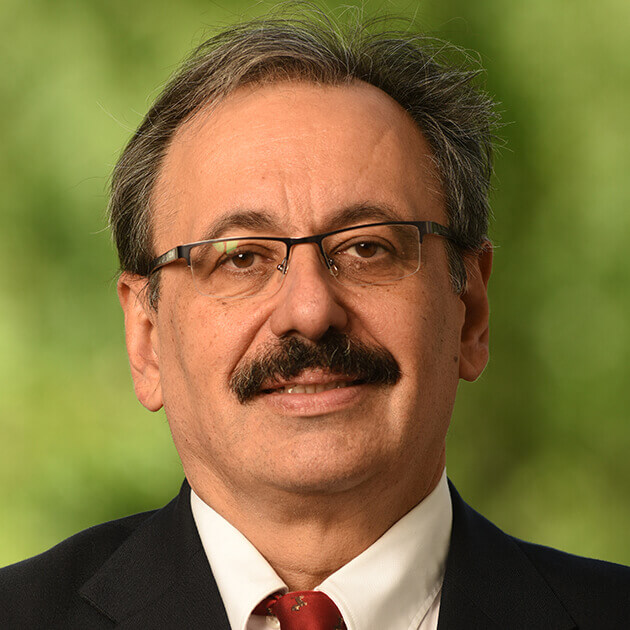
Rankin told the inductees, “So tonight, I offer you another way to think about this selective group that you have joined. If you have achieved excellence in your time at Poly by working hard and consistently at that which most interests, inspires, and impassions you; if you have achieved a sense of fairness in how you treat others; and if you have honor in the sense of becoming more authentically who you need to be, then you have met your place in our fellowship.”
In introducing Professor Montás, Dr. Anthony Gini, Chair of the Classics Department, said, “Describing his early encounters with the works of Augustine, Plato, Aristotle, Freud, and Gandhi, as well as numerous other great thinkers, Professor Montás makes a compelling case for the formative powers of an education centered on the great books.”
Roosevelt Montás: Takeaways
Afterward, Dr. Gini said, “Professor Montas gave some very profound advice to our students as they embark on their college careers. He advised them to study the most momentous issues that will face humanity in their generation: he specified the rise of artificial intelligence, the impact of climate change, and the challenges presented by genetic modification. And while all of these fields represent cutting-edge science, he reminded the students that a humanistic education and a connection with the great works of the past will be invaluable to them in whichever field they pursue.”
Following Professor Montás’ remarks, the students were formally inducted into the Cum Laude Society. When called on to receive their awards, each student shared something about their Senior Plan project, which they were to present the next day. The scope of topics speaks to the “breadth of learning, authentic written expression, intricate mastery of complex ideas, sophisticated rendering and mature interrogation of scientific thought” of which Rankin spoke in opening the evening. Among the Senior Plan project topics were the American prison system, tattoo-based discrimination, the mental health of immigrant children, lack of ASL interpreters in healthcare, racism in soccer, affordable housing, and the imperative of rectifying cancel culture.

